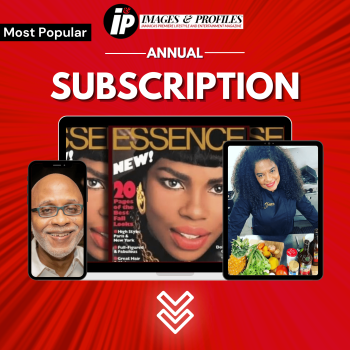Subscribe for Access to Premium content
Weekly Subscription

$9.99 Original price was: $9.99.$9.00Current price is: $9.00.
Quarterly Subscription

$39.99 Original price was: $39.99.$35.00Current price is: $35.00.
6-Month Subscription

$59.99 Original price was: $59.99.$50.00Current price is: $50.00.
Annual Subscription

$80.00 Original price was: $80.00.$75.00Current price is: $75.00.



